With alternative lifestyles like the paleo diet, ketogenic diet, gluten-free living, and veganism becoming mainstream, it’s no surprise that a variety of alternatives to cow milk have flooded most supermarkets, restaurants, and cafes. Whether it’s dietary restrictions or just plain curiosity to experiment, there’s no denying that healthy alternatives are plenty. But what’s the best choice for you and your family’s needs? Mumbai-based nutritionist and lifestyle educator, Karishma Chawla, has the answers.
1. Soy Milk
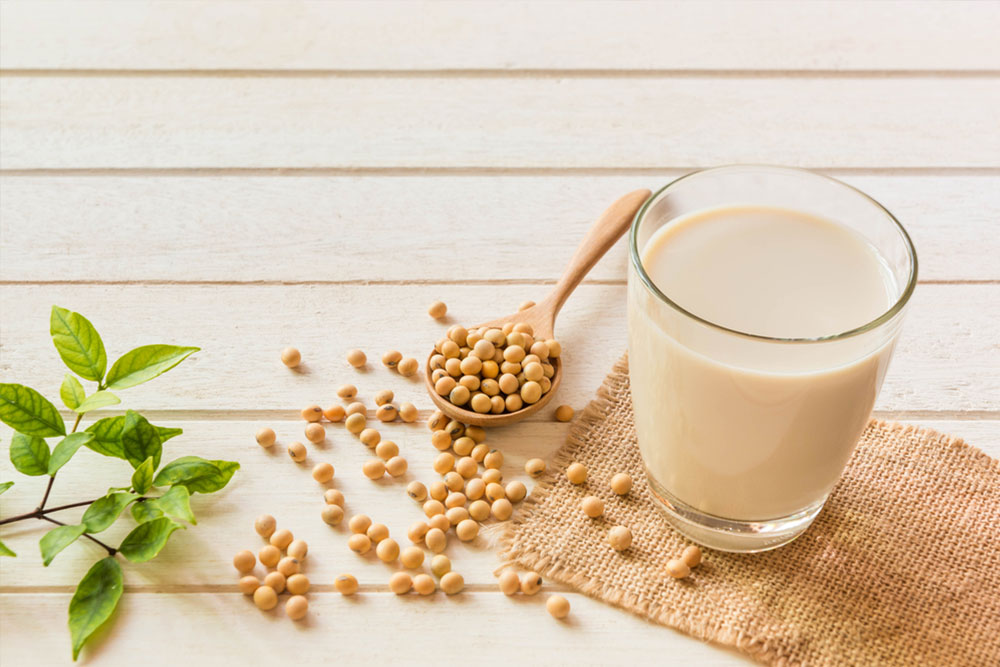
Perhaps one of the first alternatives to dairy, this plant-based milk is made from soybeans. And if you’re worried about nutrition deficiencies, most brands further fortify their soy milk with vitamin D and calcium. Chawla says, “Soy is a popular, and sometimes controversial ingredient (as it is loaded with oestrogen, the female sex hormone, too much of which may cause health complications in both men and women) that is a good source of protein. It is also rich in calcium, iron, magnesium, fibre, and potassium.”
However, like any store-bought product, soy milk, too, may contain added preservatives, cautions Chawla. “Store-bought soy milk can be highly processed and loaded with additives, mostly sugar, so check labels diligently and buy wisely.” Chawla recommends consuming soy milk moderately, and see how it aligns with the body. For starters, one can try a cup a day and check how their body is reacting to it.
2. Almond Milk
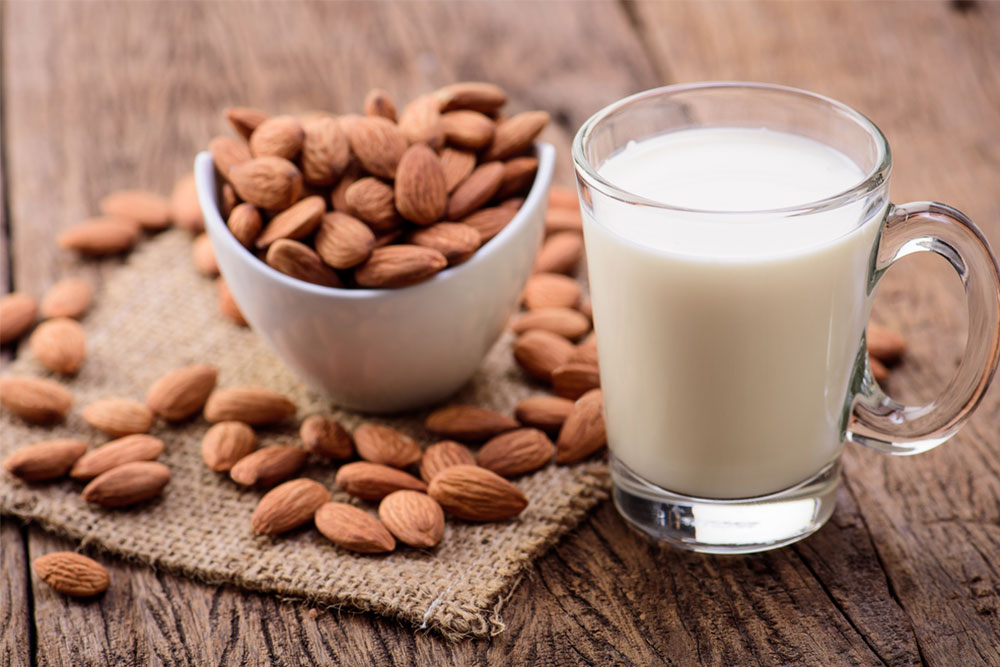
Considered a great alternative, especially for those who are lactose intolerant, almond milk is another plant-based substitute to cow milk, and is a great choice for vegans or those who want to avoid dairy. But if that’s not all, almond milk brings with it a host of health benefits. Chawla explains, “Almonds promote heart health, lowers LDL (bad) cholesterol, supports strong bones and teeth, and aids in weight loss. It is an excellent source of magnesium, riboflavin, and vitamin E, as well as a good source of fibre, phosphorus, and protein. Almond milk is a low glycaemic alternative to rice milk and doesn’t cause problems with hormone levels like soy does.” It can be used in place of regular milk in recipes and baking. It is easy to make and has a nutty taste. As with any food, homemade is always better, and Chawla opines that to limit additives, it’s best to make almond milk at home. However, do check for any nut allergies before consuming this product.
3. Oat Milk
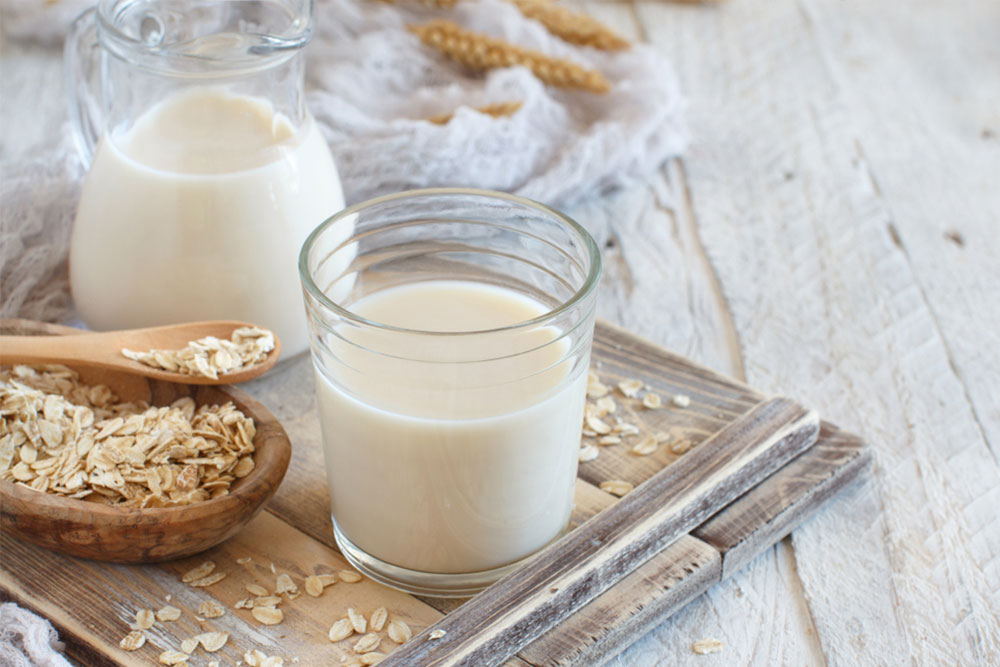
Oat milk is another popular alternative to opt for. Chawla states, “Since this is not as nutritious as whole oats, it is fortified with nutrients when it’s made available to consumers. Oats contains beta-glucans, a soluble fibre that may help in reducing cholesterol. However, oats can sometimes cause bloating and flatulence, so it is advisable to check for individual tolerance.”
4. Coconut Milk
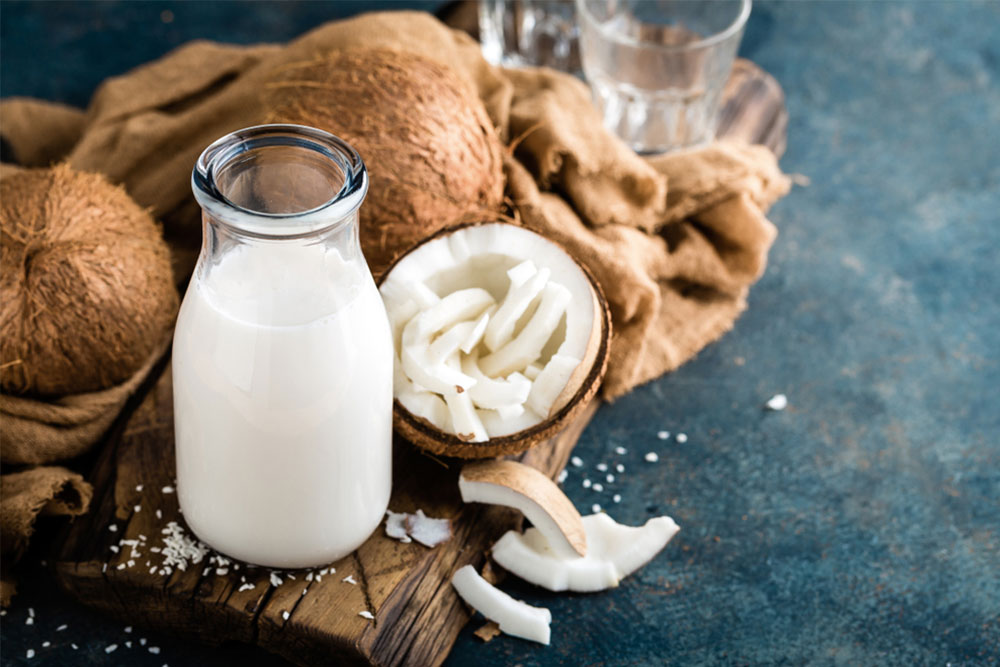
This one definitely emerges as a winner, owing to how light it is on the stomach. Says Chawla, “Coconut milk is a wonderful alternative to pasteurised cow’s milk or to rice, almond, soy, or other plant-based milks. It comes from the flesh of mature brown coconuts and is a great source of medium chained fatty acids. Coconut milk makes for an easy source of immediate energy along with nutrients. If that’s not all, coconut is known to reduce inflammation and help build immunity.” It is advisable to consume coconut milk within seven days as it tends to split faster than the rest. And as with any nut, it’s advisable to check for any allergies before consuming coconut milk.
5. Goat Milk
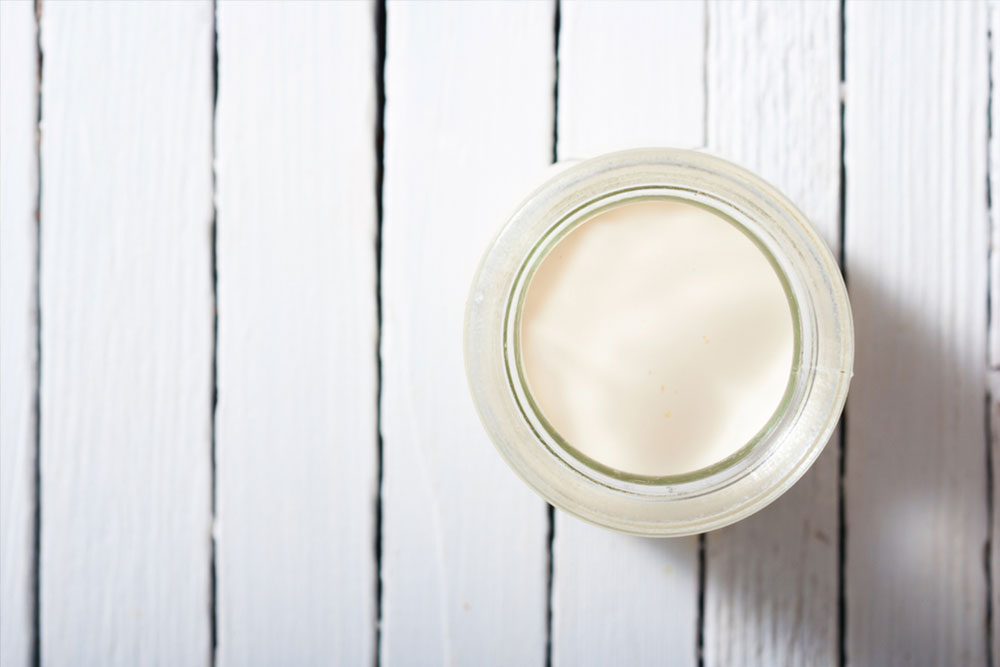
A particularly popular animal milk, goat milk is a healthier alternative to cow’s milk. Chawla explains, “Goat milk is similar to human breast milk, and therefore some theorise that it is a better alternative for human consumption. It does tend to create less of a reaction in comparison to cow’s milk, and there are cheeses available as well. Goat’s milk contains lesser amounts of the allergy-inducing protein that’s present in cow’s milk, as well as has lesser amounts of lactose. It is also packed with nutrients such as potassium, iron, calcium, and vitamin A. Goat’s milk may also act as probiotics and help maintain gut health by encouraging the growth of beneficial gut bacteria.”